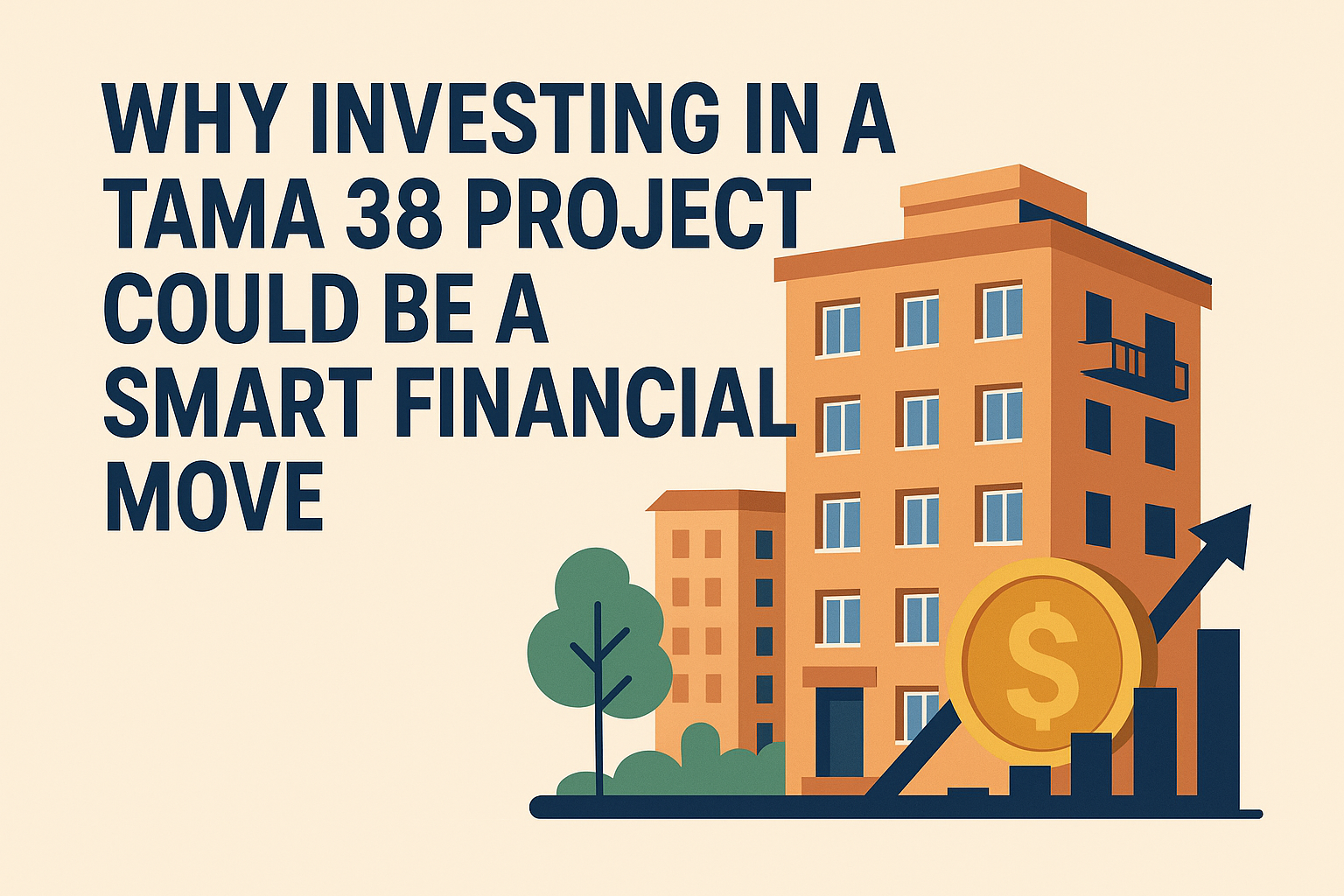When investing in new builds, especially from overseas, thorough due diligence becomes essential. This practical guide outlines how to effectively evaluate both developers and specific properties, whether in person or remotely.
Developer Assessment Framework
The developer’s reputation and financial stability are fundamental to investment security:
Essential background checks:
- Company registration and financial stability verification
- Previous project portfolio review (quality, timeliness, budget adherence)
- Current project status across their development pipeline
- Legal history including any contract disputes or construction issues
- Banking relationships and project financing arrangements
Documentation to request:
- Corporate structure and financial statements
- Construction insurance certificates
- Sample contracts from previous developments
- Bank guarantee mechanisms for buyer protection
- Project-specific permits and approvals
Remote Due Diligence Techniques
For international investors unable to visit regularly:
Virtual assessment methods:
- Live video tours conducted by independent representatives (not just developer sales staff)
- Drone footage showing the development site and surrounding neighborhood
- Time-lapse construction updates to verify progress
- Independent verification of construction quality at key stages
- Local market data from multiple sources to verify value claims
Key questions for virtual meetings:
- Specific questions about construction materials and methods
- Clarification on exact dimensions and usable space
- Details of included fixtures, fittings, and appliances
- Explicit confirmation of any verbal promises or representations
On-Site Inspection Checklist
For investors able to visit in person:
Development location assessment:
- Proximity to transportation (public transit, major roads, parking)
- Neighborhood amenities (shopping, education, healthcare, recreation)
- Current and planned construction in immediate vicinity
- Noise factors and privacy considerations
- View aspects and potential future obstructions
Construction quality indicators:
- Foundation work and structural elements
- Insulation and energy efficiency measures
- Water and electrical systems installation quality
- Common area specifications and finishes
- Sample finished units (model apartments) critical evaluation
Contract and Specification Analysis
Thorough contract review is non-negotiable:
Critical contract elements:
- Payment schedule linked to objective construction milestones
- Precise specification of property dimensions and features
- Completion date commitments and delay compensation provisions
- Warranty terms and defect resolution procedures
- Bank guarantee arrangements protecting your payments
Specification red flags:
- Vague material descriptions allowing substitution
- Missing details regarding brands or quality standards
- Unclear responsibility for connections to utilities
- Limited or qualified warranty provisions
- Excessive buyer obligations for additional costs
Working with Professional Representatives
The value of local expertise cannot be overstated:
Essential professional support:
- Independent legal representation (not connected to the developer)
- Property surveyor for construction quality verification
- Tax advisor with international investor experience
- Banking specialist for optimal financing structure
- Property management interview for post-completion planning
OffPlanIsrael’s Due Diligence Support
Our consultancy provides comprehensive support throughout the assessment process:
Our evaluation services include:
- Developer background verification and financial stability assessment
- Project documentation review and red flag identification
- Independent site visits and construction quality reports
- Contract review and negotiation support
- Coordination of professional services team
- Regular construction progress monitoring
Through rigorous due diligence, investors can significantly reduce risk while identifying genuine quality and value. Our experienced team guides clients through this critical process, whether they’re investing from abroad or able to visit Israel personally.

